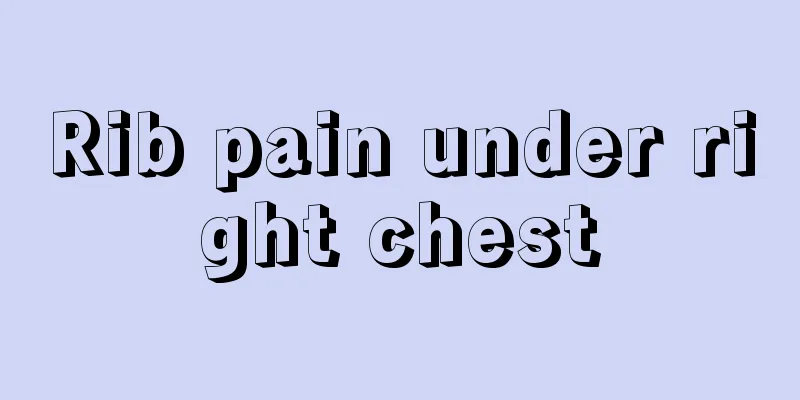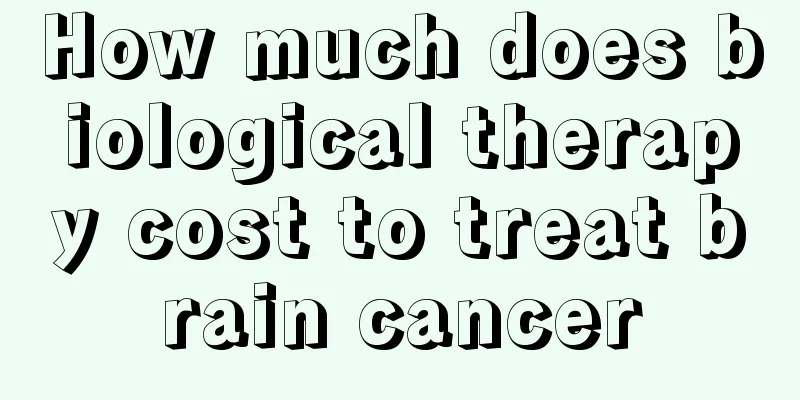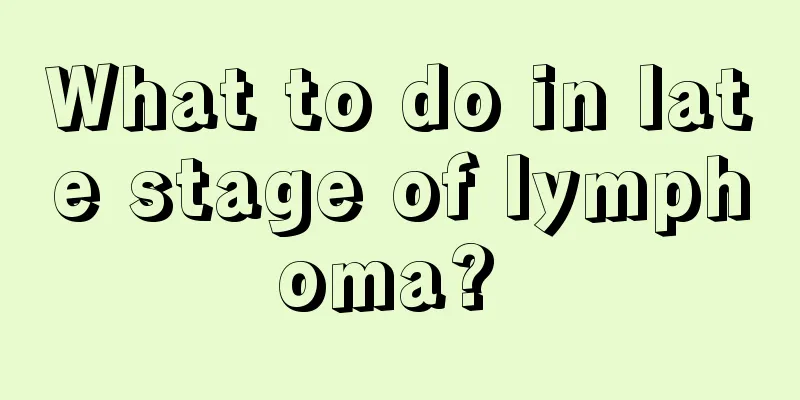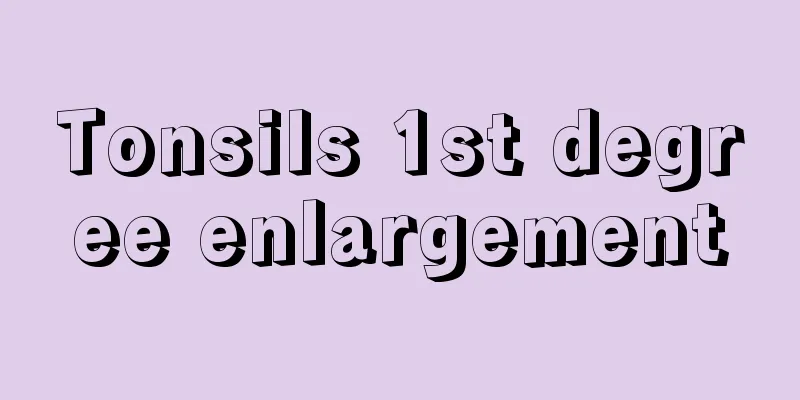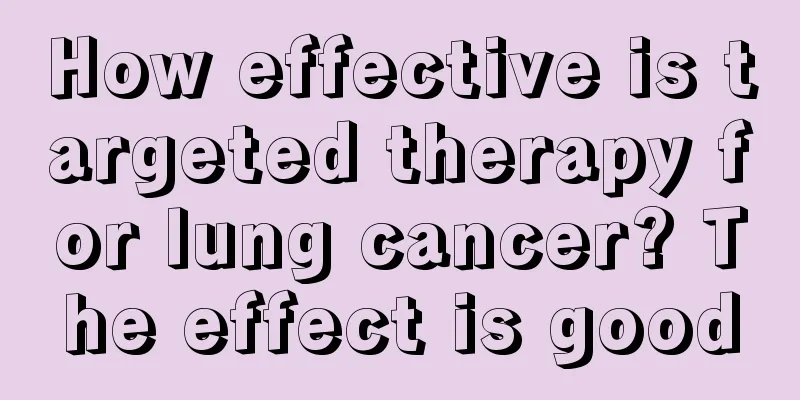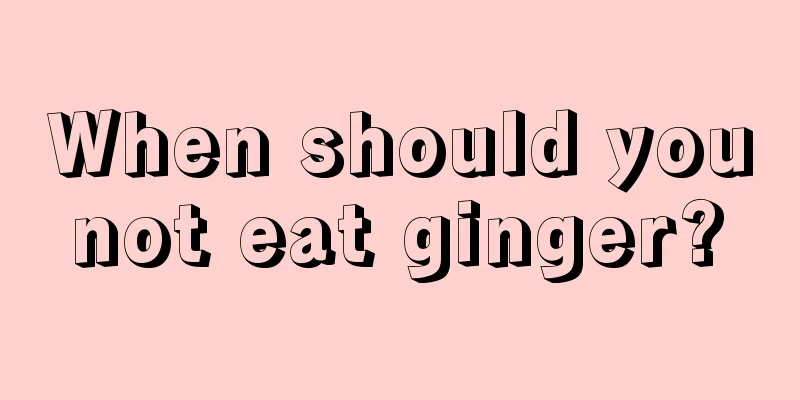What are the side effects of iodine-131 for thyroid cancer? Who should not be treated with iodine-131?
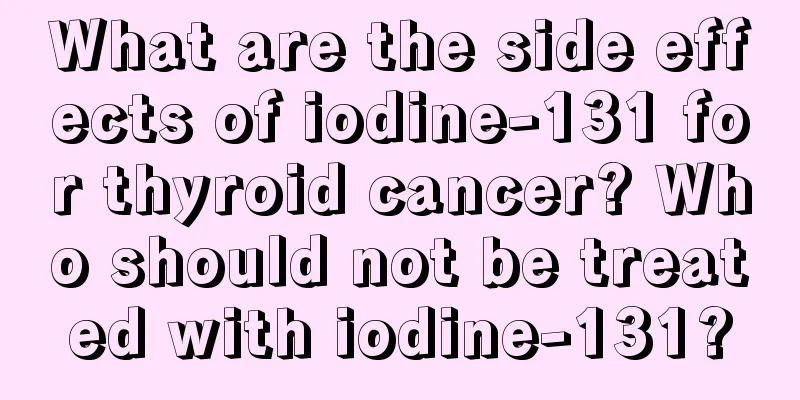
|
Thyroid cancer is a type of cancer nowadays. After the disease occurs, it has a great impact on the human body. This disease can be treated in many ways, and iodine 131 can be used for treatment. However, this treatment method has many side effects. So, are the side effects of iodine 131 for thyroid cancer serious? What are the side effects of iodine-131 for thyroid cancer? Serious toxic and side effects such as hair loss, bone marrow suppression and gonadal suppression do not usually occur, but if there are related symptoms before treatment, they may be induced after taking the medicine. In addition, patients may experience some psychological changes in the short term after 131 iodine treatment, such as boredom, anxiety, insomnia, fear, etc. This is not a direct injury from 131 iodine, but is caused by some factors during the implementation of the treatment (such as radiation protection isolation, gradual worsening of hypothyroidism and the influence of other diseases, etc.). Providing appropriate psychological counseling can help improve symptoms. Who should not be treated with iodine 131? 1. It is absolutely forbidden for patients with hyperthyroidism during pregnancy and lactation, because after the mother ingests radioactive iodine, it can enter the thyroid gland of the fetus or infant through the placenta or breast milk, causing the fetus or infant to suffer from hypothyroidism (cretinism). 2. It is absolutely forbidden to use in patients under 20 years old who suffer from hyperthyroidism for the first time. 3. It is absolutely forbidden for patients with hyperthyroidism accompanied by myocardial infarction because after treatment with 131 iodine, the release of thyroid hormones can increase the burden on the heart, so radioactive iodine cannot be used for treatment. 4. It is absolutely forbidden for patients with severe heart, liver, kidney failure or active pulmonary tuberculosis. 5. It is absolutely forbidden for patients with severe infiltrative exophthalmos to use this product. 6. It is absolutely forbidden to use during the hyperthyroid crisis. The recurrence rate of hyperthyroidism after treatment with iodine-131 is 30% to 60%, and the incidence of hypothyroidism is 20% to 70%. |
>>: Is medullary thyroid cancer easy to treat? How to treat medullary thyroid cancer
Recommend
Neurological deafness
Sensorineural hearing loss is caused by changes i...
Abdominal pain relieved after farting
The human stomach and intestines are moving norma...
How often is it healthiest to wash your hair
Many people may wash their hair every day. In add...
How to make loquat paste
Loquat paste, as the name suggests, is a paste fo...
How long does it take to cook raw kelp
In fact, it is very simple to make kelp at home, ...
Does cucumber lower blood pressure?
Cucumbers are rich in dietary fiber, which can pr...
10 things you do before going to bed can make you live a hundred years longer
Introduction: As you age, you can no longer be la...
Can Sanjin Tablets cure urinary tract infection?
Urinary tract infection is a bacterial infection....
How to clean an electric water heater
Electric water heaters are the most commonly used...
At how many weeks of pregnancy can you see the embryo?
When women go to the hospital for a check-up, not...
How to use Panax notoginseng powder for external application?
Panax notoginseng powder is a medicine that can b...
Is breast cancer hereditary?
Breast cancer can be inherited, but not all breas...
Treatment methods for early stage eczema-like breast cancer
What is the treatment for early-stage eczematous ...
Lustful men are more susceptible to prostate cancer. What is the cause of prostate cancer?
Prostate cancer threatens not only the safety of ...
How to eat to get quick results for bladder cancer
After bladder cancer is diagnosed, treatment is n...
